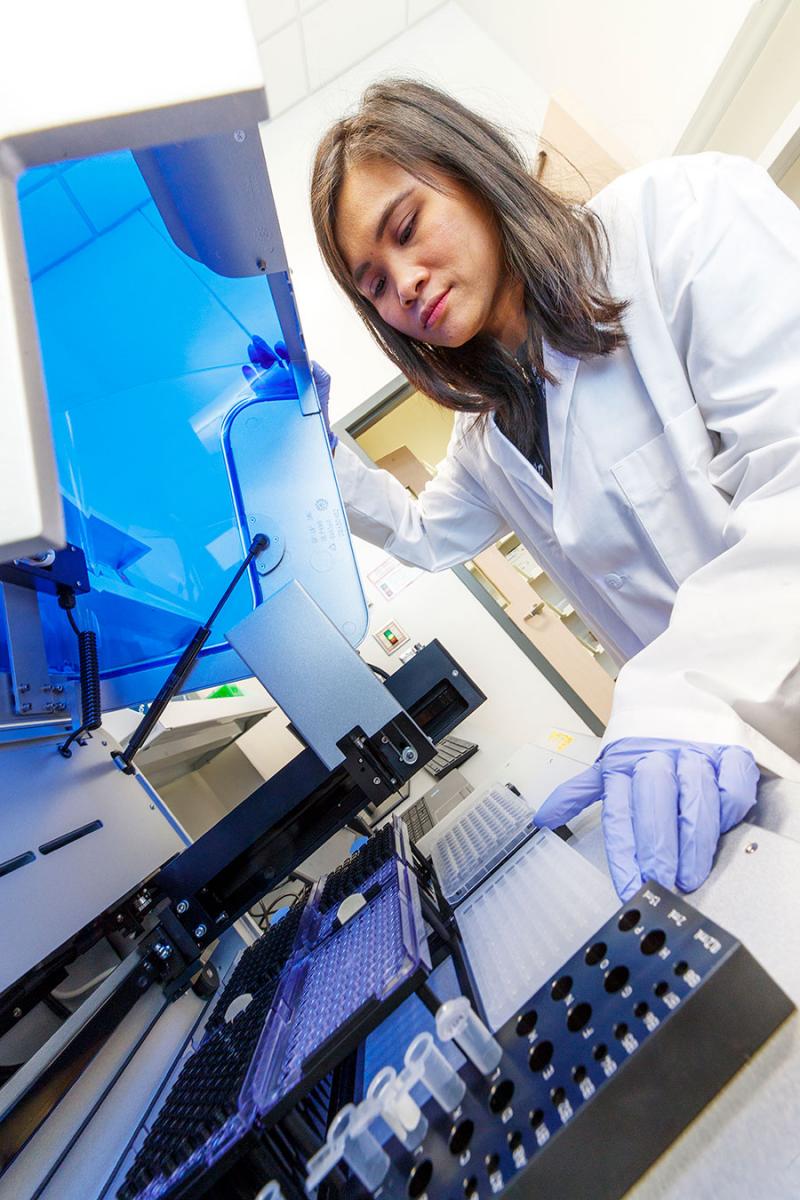Dogs and cats bring joy to our homes, and ensuring their well-being starts with health checks. Veterinary laboratories play a crucial role in monitoring wellness for companion animals.
This article, we’ll cover how diagnostic testing supports pet health and show how labs work with vets.
How Do Veterinary Laboratories Work?
Diagnostic labs for pets focus on testing for evaluating pet health. They provide critical insights to monitor ongoing conditions.

Steps in veterinary testing usually includes:
- Preparing samples for testing: Tissue or fluid samples are prepared for analysis.
- Sample examination: Experts using equipment conduct the tests.
- Providing actionable data: Vets review the reports for effective health management.
Essential Tests in Veterinary Labs
Pets benefit from a range of diagnostic services to monitor overall health. Frequently used procedures include:
- Blood analysis: Identify infections.
- Urine testing: Check for diabetes.
- Digestive system evaluations: Ensure proper nutrient absorption.
- Sensitivity screens: Diagnose food or environmental allergies.
- Imaging diagnostics: Detect tumors or growths.
laboratório veterinário ribeirão preto
Why Diagnostic Exams Are Essential
Consistent lab work improves pet care. By addressing concerns promptly, your pets stay healthier longer.

The advantages include:
- Improved health outcomes: Pets live happier, healthier lives.
- Preventative care advantages: Emergency costs are avoided.
- Confidence in care: Regular tests keep you informed.
laboratório de veterináriaanálises veterinárias
The Value of Diagnostics for Pet Owners
Animal diagnostic centers are vital for protecting the health of dogs and cats. By making testing part of their care, you give them the care they deserve.
Talk to your vet about testing today and support their wellness every step of the way!